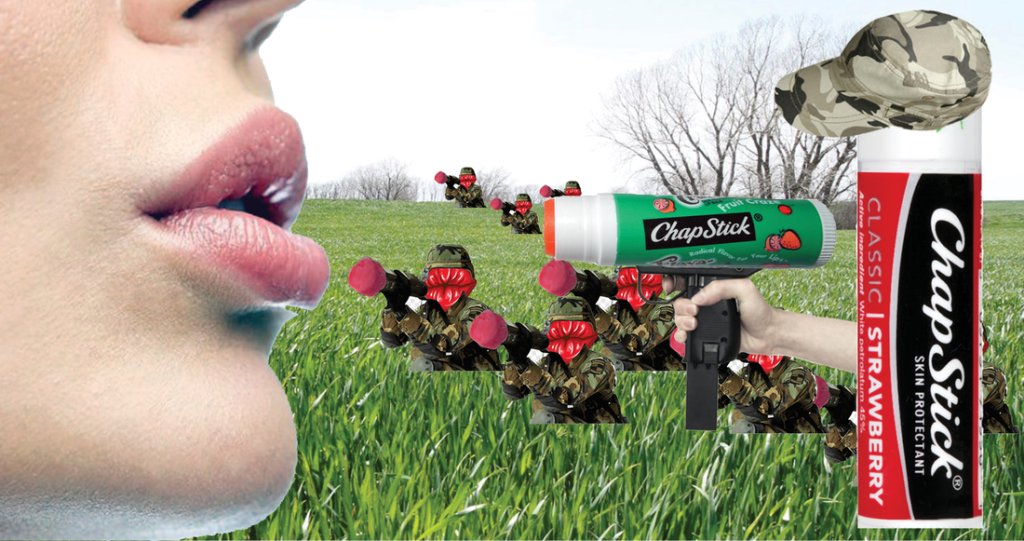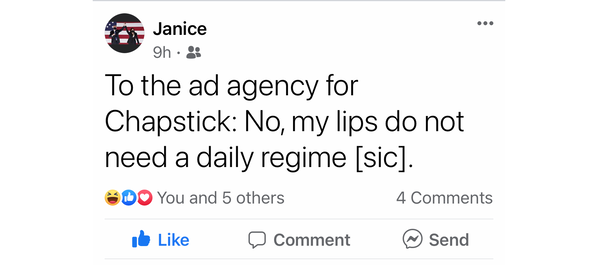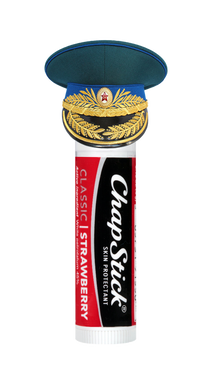
This post comes courtesy of something I saw my former AP English teacher (and writing mentor) post on Facebook this morning …

I do appreciate her humor. The question is, “What does Chapstick mean by regime?”
The definition of regime offered up by Oxford Languages, publisher of the OED and its brethren, is:
- A government, especially an authoritarian one.
- A system or planned way of doing things, especially one imposed from above.

At first blush, one could attempt an argument for regime, if used in its second reference. Lest you think the copywriters for Chapstick are outliers, the term “beauty regime” is strewn across the internet. Yet, the mass repetition of an error doesn’t make it any more accurate.
In fact, what Chapstick sought to communicate was its product should be a part of your daily lip regimen.
Regimen: a prescribed course of medical treatment, way of life, or diet for the promotion or restoration of health.
It seems cut and dry (from this end): regimen is a far better fit than regime. That is unless your lips are involved in planning a coup d’etat, in which case they really should be moist and supple.
Why the confusion? It’s because the two words have the same ultimate etymology: from the Latin regimen, which means, “position of authority, direction, set of rules.” While their meanings have substantial overlap, in the course of good writing where grammar and syntax are the guardrails, context is also crucial.
Just because definition No. 2 of regime could be shoehorned in doesn’t mean it’s the right choice. For some quantitative backup, let’s look up what collocates both words, courtesy of the Corpus of Contemporary American English (COCA):
These words most commonly appear before regimen (function words like the excluded):

By comparison, these words commonly appear before regime:

It’s pretty hard to refute and, frankly, why bother? Regime is not the hill you want to die on for your lips … or anything else. Stick with a regimen when it comes to health and beauty, and save the regime for the juntas.
